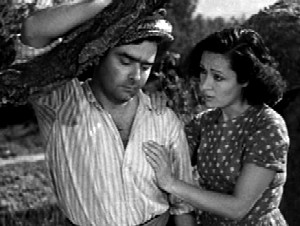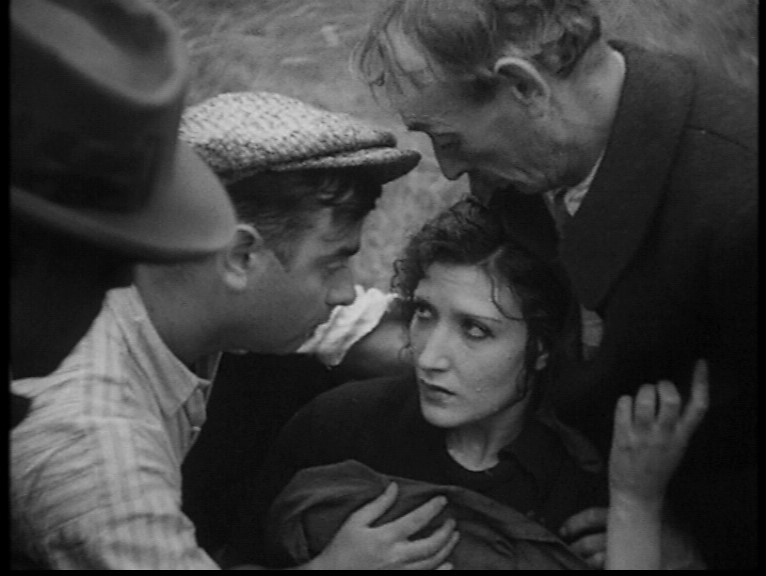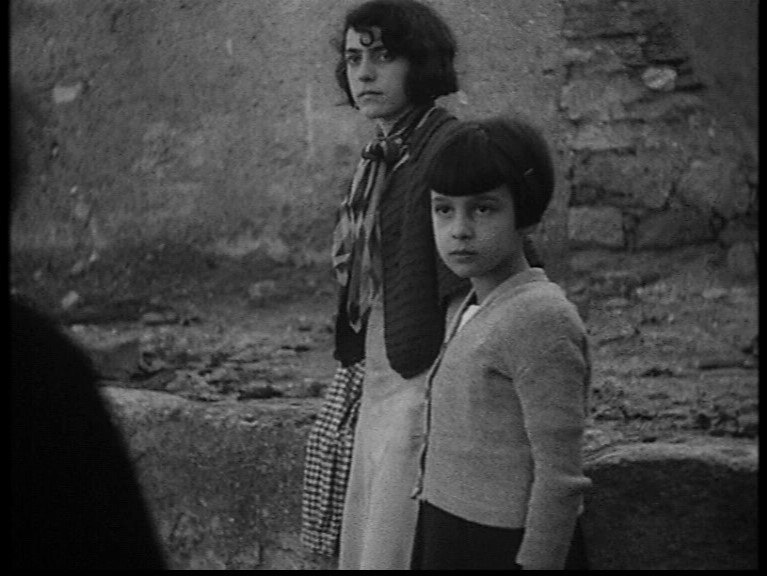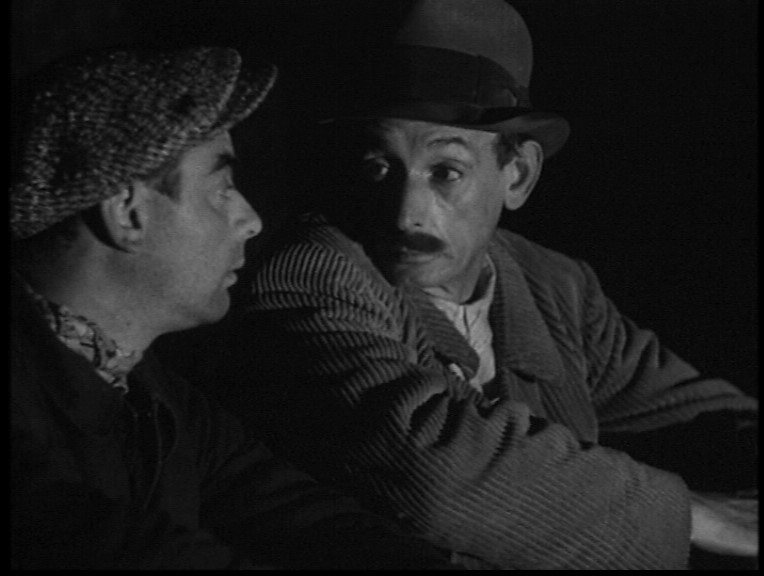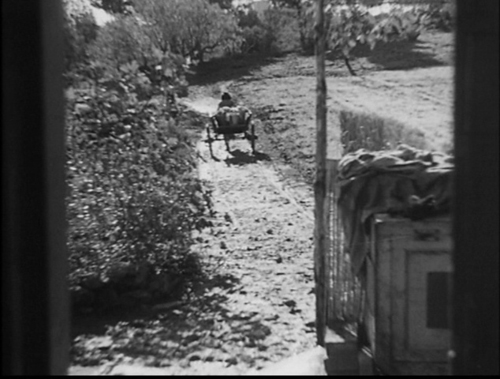This review appeared in the October 1974 issue of Monthly Film Bulletin. —J.R.
Toni
France, 1934 Director: Jean Renoir
Neither a major nor a minor work in the Renoir canon, Toni demands to be regarded more as an adventure of the director in contact with his material than as an integral and “finished” composition. If the symmetrical framing device of the train arriving with fresh immigrants at the beginning and end of the film appears somewhat forced in relation to the whole, this is likely because Renoir began with notions of a social thesis and a Zola-derived sense of fatality from which his better instincts subsequently deviated. And it is the instinctual rather than the conceptual side of Toni that renders it a living work forty years after it was made -– a distinction that might serve equally well for Zola and Stroheim. Over and around the largely melodramatic plot is draped an expansive mood of leisurely improvisation, like an ill-fitting but comfortable suit of clothes, often permitting the accidental and random to take precedence over the deliberate, the individual detail over the general design. Thus the fleeting glance of a child at the camera in the opening prologue (when the newly-arrived immigrants walk into town), the grey haziness of Sebastian’s funeral procession, the muddy fadeouts and slightly bumpy pans are all part of the film’s charm and integrity. They are intimately related to what makes the film historically important: the choice of milieu and exclusively natural rural locations, the use of unknown actors and local non-professionals, and the risks and beauties of direct sound within this rough-and-ready context. Small wonder, then, that many of the strongest moments and scenes center round the physicality of brute encounters: Toni’s sucking of wasp poison from Josefa’s neck, Albert’s boorish seduction of her while she does the laundry, the quarry explosion glimpsed and joked about by workers from a hillside, and the death of Toni in Fernand’s arms. Possibly another such scene would have been the transportation by cart of Albert’s corpse, hidden under a pile of laundry, from cottage to forest (described by Renoir in a 1957 interview with Rivette and Truffaut), which presumably would have counter-balanced the laundry seduction with a certain Stroheim-like irony; but as Renoir explains, this scene had to be cut — apparently because of the censor — before the film could be released. Apart from this lack, an occasional choppiness in the narrative as it carries us over three years tends to make the pleasures of the film more localized than continuous, but at the same time there is an effective play of “internal rhymes” that strives to bridge the gaps. A kitten incidentally glimpsed around the vineyard cottage in the first part of the film becomes a cat two years later. Even more strikingly. Albert’s grumbling about the food Josefa fixes him and his demand for a tin of sardines is obliquely and sardonically recalled just after she shoots him, when we observe the cat licking clean the open tin not far from his cadaver. Such details help to override the sense of awkwardness and sense of strain that crops up from time to time in some of the performances –- notably those of Max Dalban [Albert] and Celia Montalvan [Josefa] — when the actors seem called upon to offer more than they can comfortably deliver. Yet even these lapses often serve the positive function of bringing us closer to the people in the film, if not the characters. What one ultimately carries away from Toni, in fact, is a memory of felt presences rather than incarnations. One remembers heat and light -– the warmth of the sun as well as that of the characters with their broad Midi, Italian, Spanish, and African accents, denoting generosity and luminosity in a bleak and difficult environment; the crackling fire beside which Fernand attempts to console Toni no less than the shiny grapes that Toni and Josefa share; the gentleness of Toni and the empathy of Fernand as well as the more volatile passions of Marie and Josefa; and the lighted window of the vineyard cottage that serves as a beacon to Toni’s longings as he dreams of love and escape.
JONATHAN ROSENBAUM

